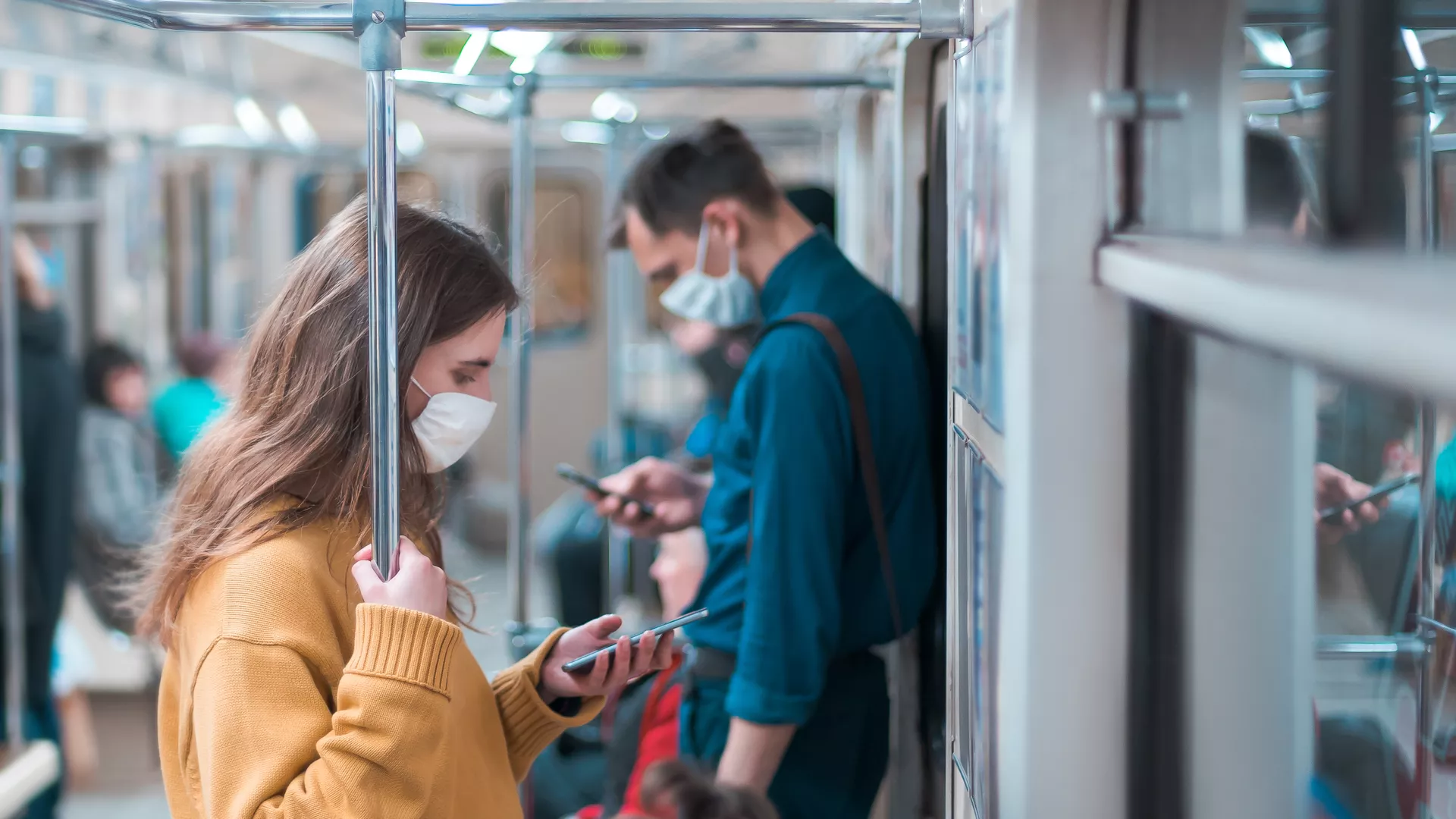A recent cross-sectional study conducted in Brazil assessed anxiety levels among schoolchildren during the second year of the COVID-19 pandemic. The research, which took place in June 2022, involved interviews with 733 children aged 6 to 12 years and their parents across four public schools in the country.
Researchers used the Children’s Anxiety Questionnaire (CAQ) and a visual analog scale (VAS) to evaluate anxiety levels. According to the CAQ, a score of 9 or higher indicates anxiety, while a VAS score above 7 also signifies elevated anxiety levels. The study revealed that 13.5% of children met the criteria for anxiety based on the CAQ, while 6.7% showed anxiety symptoms according to the VAS.
The demographic breakdown of participants showed that 54% were girls, with an average age of 8.7 years. Notably, 84% of the responding parents were mothers. The study found a direct correlation between age and anxiety levels; each additional year of age increased the odds of reaching CAQ anxiety criteria by 10%. Similarly, for the VAS, the likelihood of anxiety symptoms increased by 30% with each additional year.
These findings indicate a decrease in anxiety prevalence compared to earlier studies conducted at the onset and one year into the pandemic. This reduction suggests an evolving response to the challenges posed by the pandemic. However, the results highlight the need for continued public health interventions tailored to address the mental health needs of children across various age groups, particularly as they adjust to returning to in-person schooling.
Overall, this study provides valuable data regarding children’s mental health in Brazil during a challenging period, underscoring the importance of ongoing monitoring and support for youth as they cope with the long-term effects of the pandemic.



